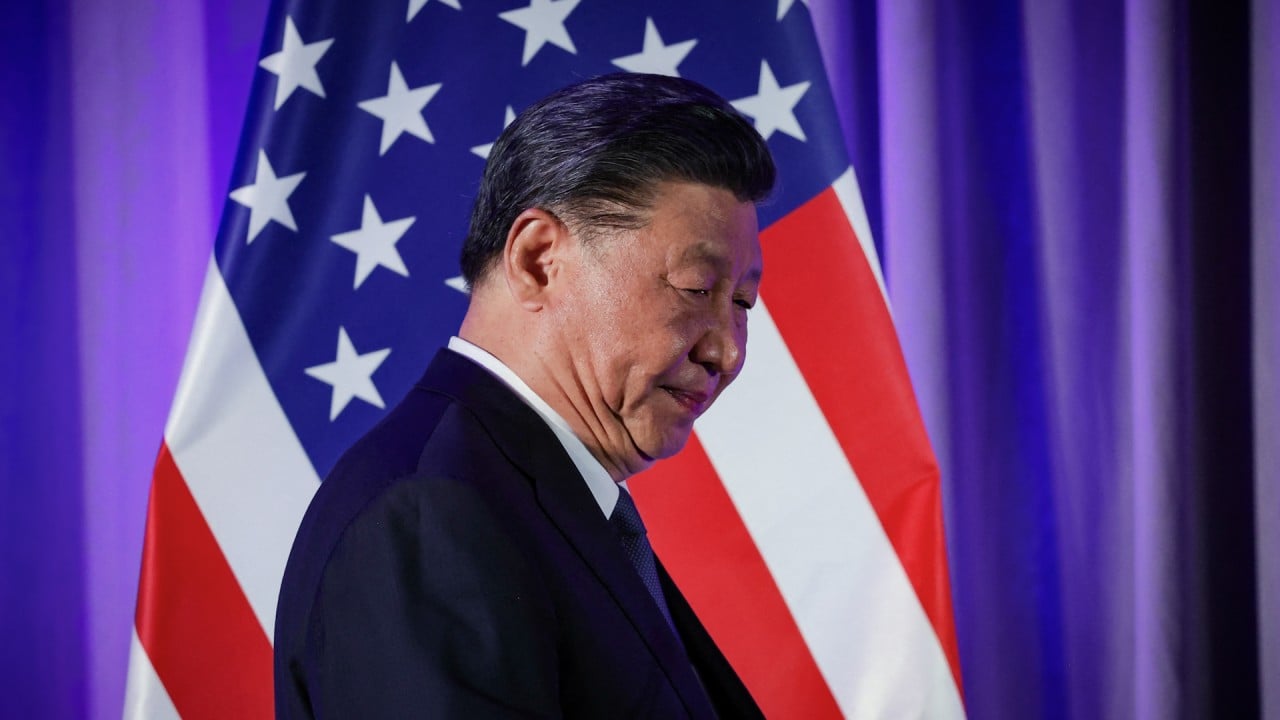He echoed Xi’s comments last year that China’s progress had debunked “the myth that modernisation means Westernisation”.
At the time, Xi said the Chinese model “presents another picture of modernisation, [and] expands the path choices for developing countries”.
Zhou also said a new system should draw on the country’s traditional culture which “contains many economic ideas and concepts that still hold contemporary value”.
The construction of China’s own system of economics required “historical and cultural confidence”, integrating “the essence of Marxist political economy with the essence of Chinese traditional culture”, he said.
In another commentary, Hong, from the University of Chinese Academy of Sciences, said differences in social systems, history and culture meant that Western economic theories could not offer direct answers for the construction of China’s socialist economy.
“For example, China’s development of the new energy industry has enriched global supply with high-quality production capacity, alleviating global inflationary pressures and promoting global low-carbon transformation. However, some overseas politicians and media have hyped it up as ‘overcapacity’,” Hong wrote.
This reflected the “necessity, importance, and urgency” of accelerating the construction of China’s independent knowledge system of economics, and expanding influence of its theories, he said.
But some ratings agencies are pessimistic about China’s economic formula.
In April, leading credit rating agency Fitch Ratings downgraded China’s sovereign debt outlook from stable to negative, citing concerns over the country’s property and public finances, as well as “eroded fiscal buffers” as the result of wide fiscal deficits and rising government debts.
China’s Ministry of Finance responded by saying that the downgrade was a “pity”, and that the decision failed to foresee the “positive role” of Beijing’s fiscal policy mix in promoting economic growth and stabilising the macro-leverage ratio.
The agency attributed the decision to “rising evidence that financial support will be provided by the government and wider public sector to financially-stressed regional and local governments and state-owned enterprises, posing broad downside risks to China’s fiscal, economic and institutional strength”.








